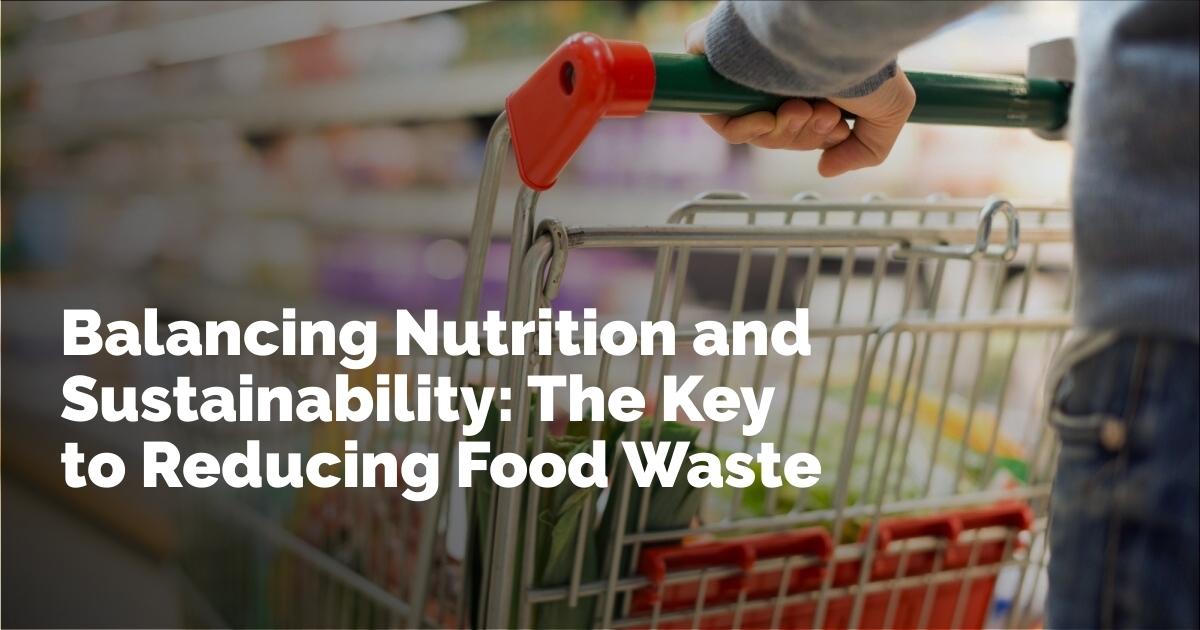The Global Food Waste Challenge: A Dual Approach Needed
Food waste is a critical global issue that impacts both developed and developing countries, with significant ethical, environmental, and economic consequences. Recent research led by the University of Adelaide dives into the intricate relationship between consumer priorities and food waste. The study explores whether a focus on sustainability or nutrition could more effectively reduce food waste at the household level.
According to a report by the United Nations Environment Program (UNEP), in 2022 alone, approximately 19% of food available to consumers ended up as waste. This monumental food waste translates into over a billion tons discarded unnecessarily while millions remain hungry worldwide. As such, understanding the root causes of food waste and the potential solutions becomes essential.
Understanding Consumer Motivations: Sustainability vs. Nutrition
In this context, researchers from the Center for Global Food and Resources at The University of Adelaide embarked on a study to unfold the relationship between food waste and consumer motivations. Specifically, they sought to understand whether sustainability-driven or health-conscious consumers were better at minimizing food waste.
Dr. Trang Thi Thu Nguyen, the study’s lead author, noted, “It seems intuitive that individuals mindful of sustainability would waste less food. However, the reality a bit different: although sustainability-conscious consumers focus on eco-friendly products, this doesn’t necessarily translate into waste-reduction practices.”
The study involved an online survey of 1,030 adults who were queried about their food consumption behavior relative to sustainability and nutrition. Respondents rated statements related to these two dimensions on a seven-point scale, determining which factors mattered most in their food choices.
Nutrition Focus: A Surprisingly Effective Approach
The findings were somewhat unexpected. Participants who prioritized nutrition demonstrated a significant reduction in food waste. Health-conscious individuals were more likely to engage in deliberate meal planning and avoid over-purchasing, behaviors directly linked to reduced waste.
Nguyen commented, “People who prioritize healthy eating tend to plan meals and circumvent over-purchasing. These behaviors directly mitigate food waste.”
The researchers suggest that future campaigns aimed at reducing food waste should pivot from a pure sustainability focus to underline the connection between nutrition and waste reduction. Since individuals often have a stronger motivation for personal health over abstract environmental concerns, integrating waste reduction as part of a healthier lifestyle could potentially be more effective.
The Household Level Impact: Managing, Preparing, and Consuming Wisely
While individual motivation is crucial, the study also highlights the importance of household strategies in minimizing food waste. The researchers indicate that by focusing on better management of food at home, substantial financial savings can be achieved, which is exceptionally pertinent amidst global economic challenges.
By emphasizing meal planning and responsible consumption, households can not only cut down on waste but also foster healthier eating habits. As Nguyen puts it, “The key to a more sustainable food system might not just be about choosing the right products—it’s about how we manage, prepare, and consume them.”
Reframing the Waste Narrative: Beyond Individual Behavior
Another dimension of the discussion around food waste is its global implications. While reducing waste in affluent countries might not directly aid those in impoverished regions, it addresses ethical concerns and promotes responsible resource use. However, improving global food security extends beyond waste reduction, requiring improvements in education, government policy, and access to resources.
Dr. Nguyen’s study underscores the need for a cultural shift in how food waste is perceived and addressed. By presenting a compelling case for integrating nutritional awareness with waste reduction, the research pinpoints effective strategies that can be implemented at both individual and societal levels.
In essence, tackling the food waste conundrum demands a holistic approach, intertwining personal health motivations with broader sustainability goals. By equipping consumers with the tools and knowledge to manage their food consumption effectively, a significant reduction in waste can be achieved, promoting a healthier planet and population.
출처 : Original Source

